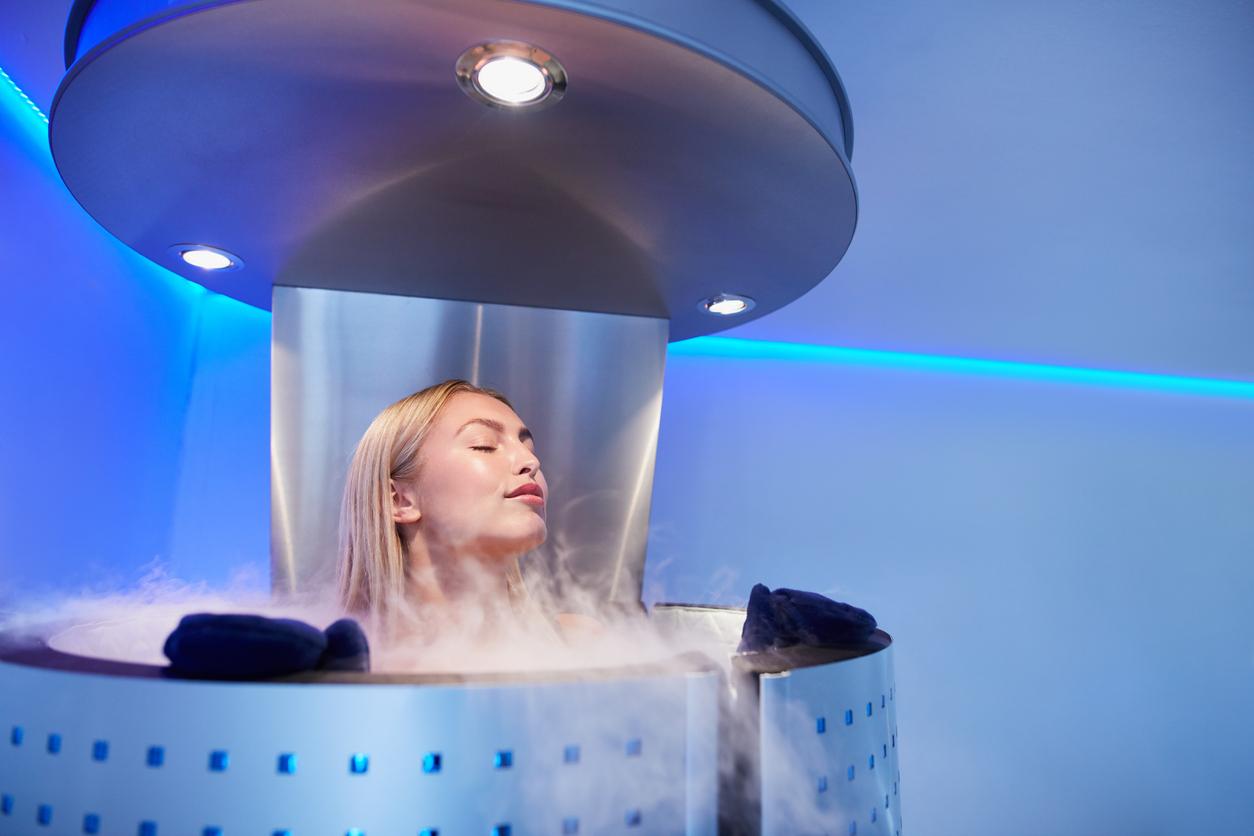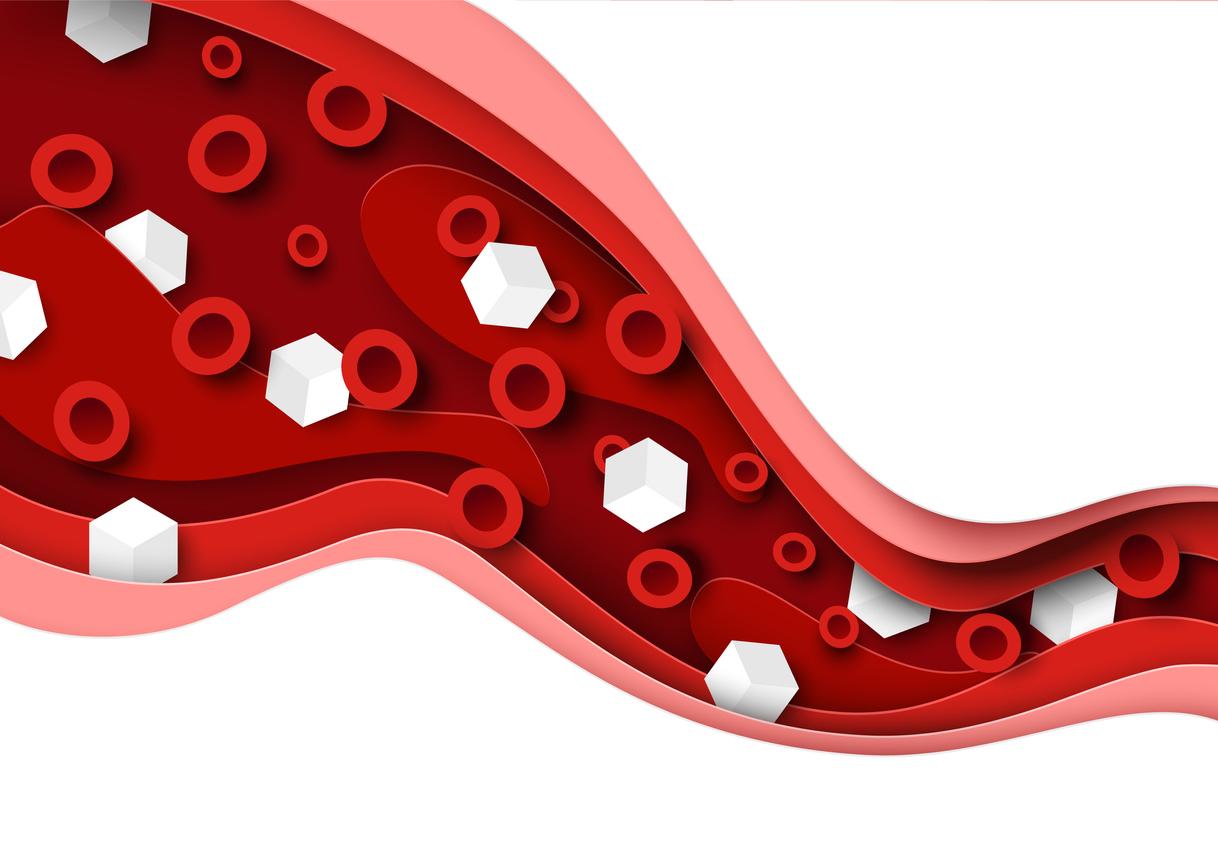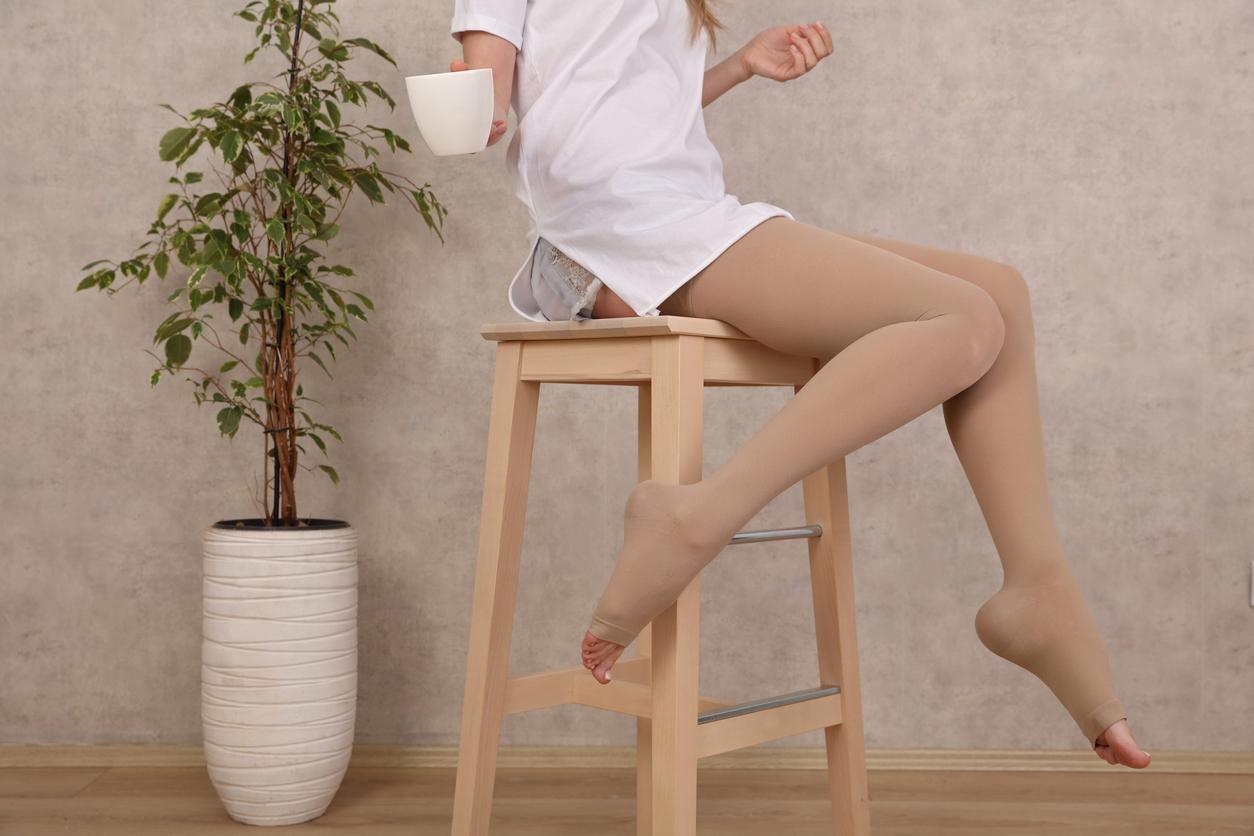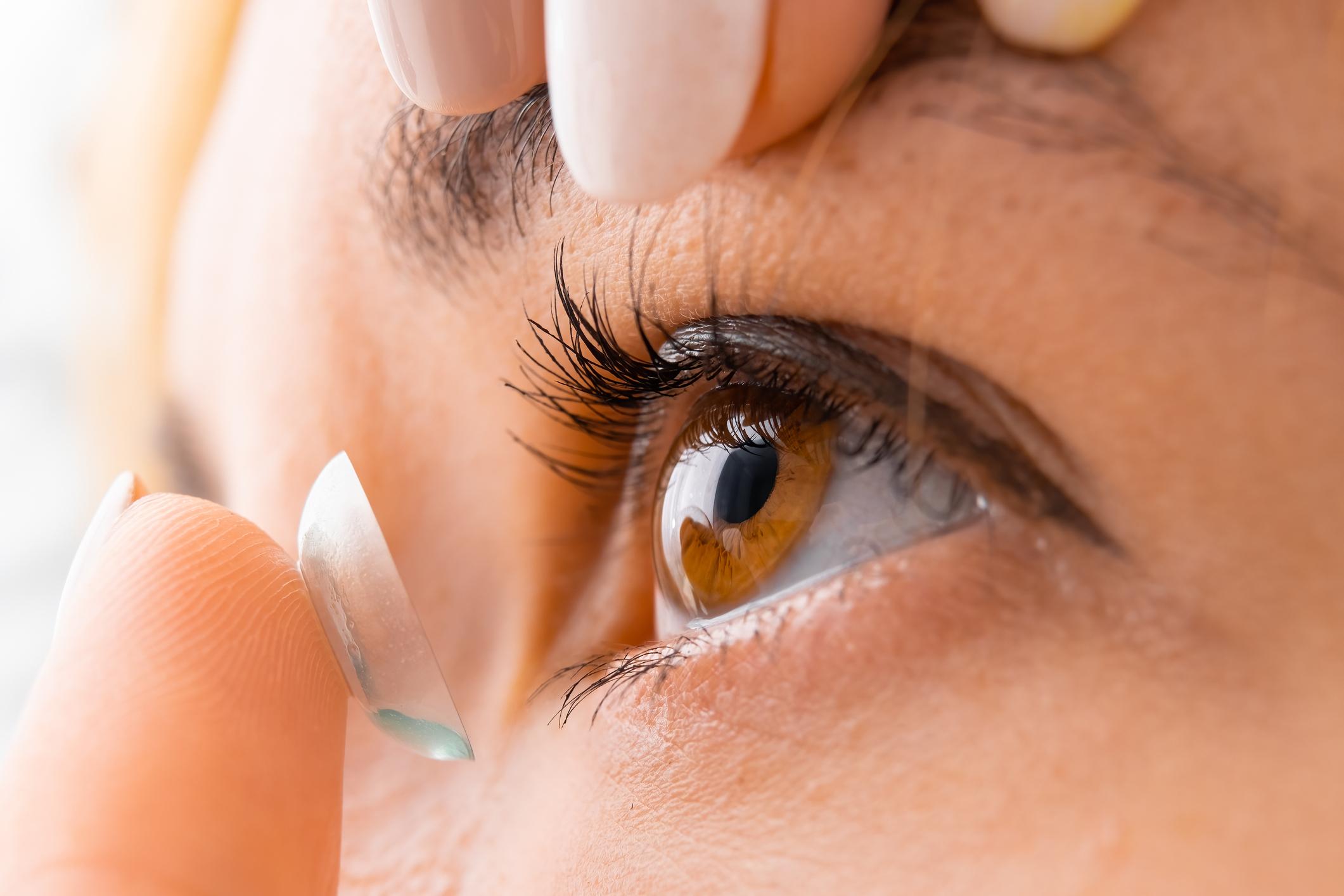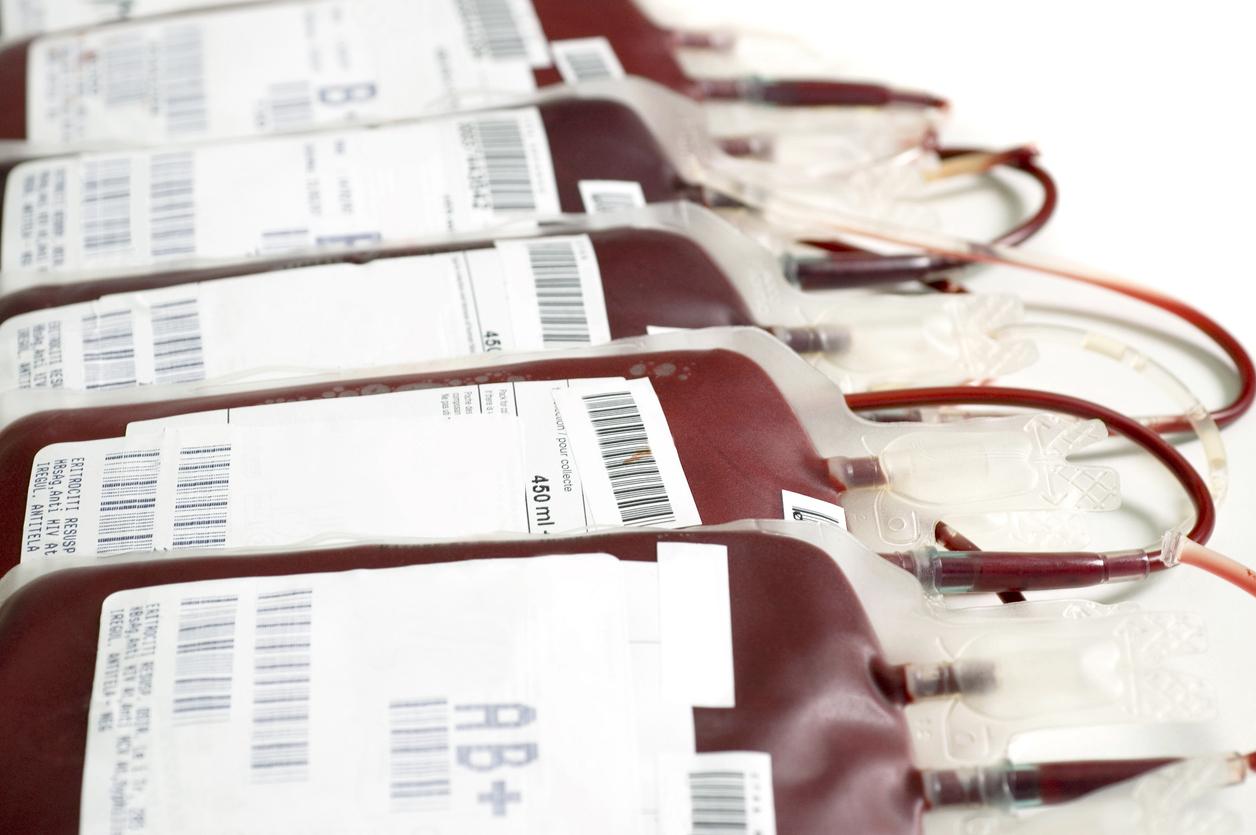Previous studies have already shown changes in the blood pressure of the population in general, depending on the season. However, the elderly would be more sensitive to these changes, since “baroreflex, one of the mechanisms of blood pressure regulation is modified in the elderly. The hypothesis is that the disorders related to baroreflex and more sensitive blood vessels cause them. cardiovascular disease, associated with aging, ”explains the study’s authors.
The team of researchers at the National Institute of Health and Medical Research, led by Annick Alpérovitch, examined the relationship between blood pressure and temperature in 8,801 people aged 65 or over. Both higher and lower blood pressure changed depending on the season and the temperature outside. And 33.4% of people had hypertension during the winter, compared to 23.8% during the summer.
“The mechanisms that could explain the link between blood pressure and temperature are not yet determined,” say the study’s authors. “The sympathetic system (which regulates involuntary actions like the stress response) engages, and the body releases the hormone catecholamine, as a response when it is cold. It is possible that this reaction increases blood pressure by increasing heart rate and reducing the receptivity of blood vessels. “
“Even if the study does not show a causal link between blood pressure and temperature, the association reveals important consequences concerning the protection of the elderly, who are more likely to have cerebral congestions or ruptures of aneurysm. Monitoring blood pressure and using blood pressure medication in cold weather may help protect it then. “
Seniors’ blood pressure higher when it’s cold
Loading widget










